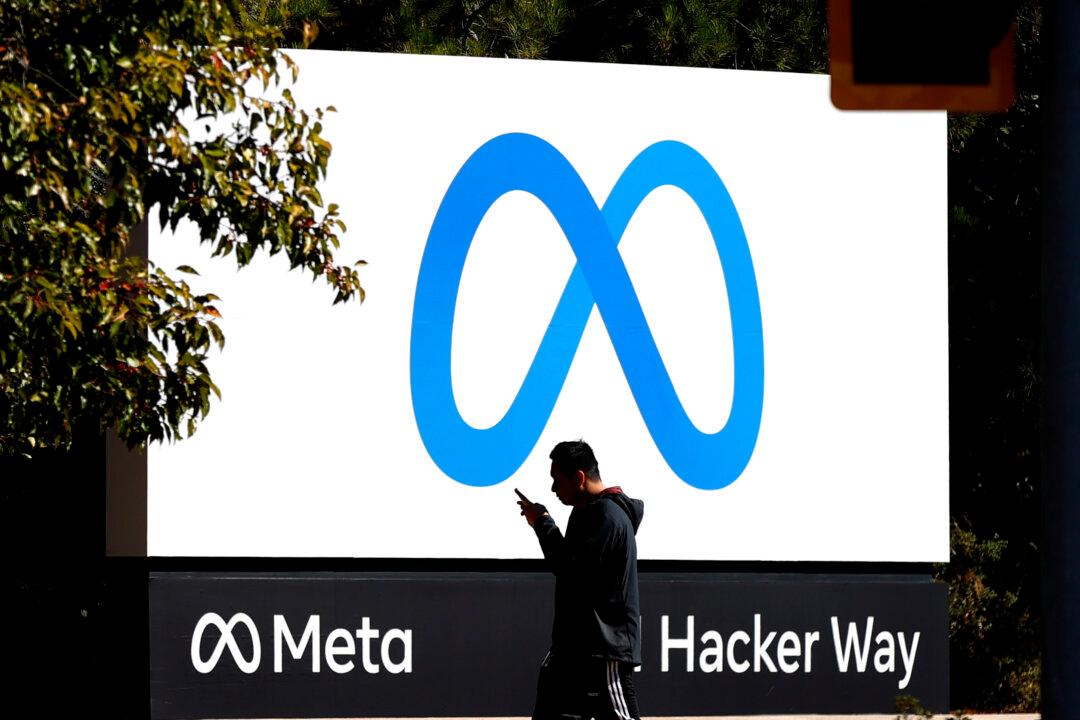Meta, Facebook’s parent company, has agreed to a $90 million settlement over a decade-old lawsuit which accused the social media platform of tracking users’ internet activity through browser plug-ins, even after they logged out of their accounts.
A judge must now approve the settlement between Meta and the plaintiffs which was filed on Monday night with the U.S. District Court in San Jose, California.





